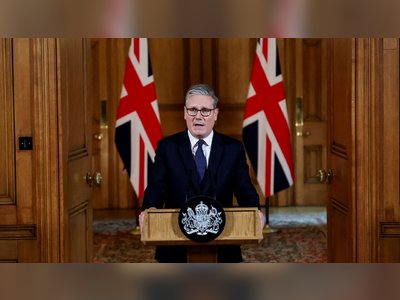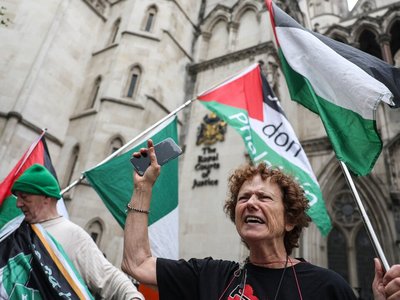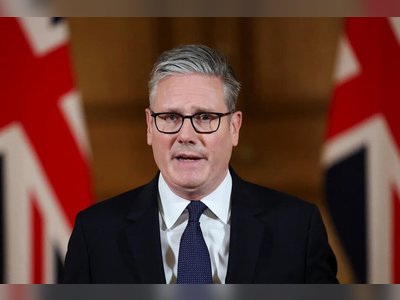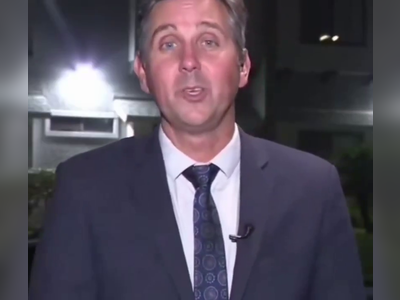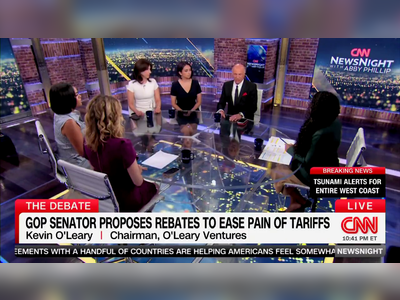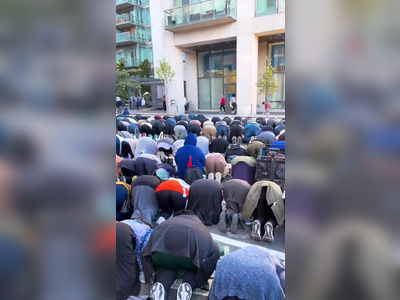
Former UK Vaccines Chief Reveals 'Open Warfare' Between Government Departments During Pandemic
Dame Kate Bingham criticizes lack of support for clinically vulnerable individuals and internal conflicts during the Covid crisis.
Dame Kate Bingham, who led the UK Vaccine Taskforce (VTF) during the early months of the Covid-19 pandemic, has described significant internal conflicts within government departments and criticized the handling of provisions for clinically vulnerable individuals.
Testifying before the Covid inquiry, Bingham highlighted 'open warfare' between the Department for Business, Energy and Industrial Strategy (BEIS) and the Department of Health.
Bingham, who served as VTF chair from May to December 2020, played a key role in establishing a vaccine portfolio and securing millions of doses.
However, she expressed concerns about the lack of focus on therapeutics, particularly prophylactic antibody treatments like AstraZeneca’s Evusheld, which could have benefited immunocompromised individuals.
She stated that these patients were 'deprioritized' in favor of those who could receive vaccines, a decision she described as ethically and morally wrong.
The UK government did not make advance purchases of Evusheld, despite its inclusion in the VTF’s original remit.
While the treatment was later made available privately, charities criticized the decision, warning of its impact on vulnerable populations.
Bingham also criticized inefficiencies and 'groupthink' within Whitehall, noting a lack of relevant expertise within BEIS when she assumed her role.
She contrasted the civil service's approach to accountability with that of the private sector, where performance is more closely scrutinized.
Bingham concluded that the government’s approach during the pandemic deviated from its stated goals of protecting the entire population, leaving clinically vulnerable individuals without adequate support.
Testifying before the Covid inquiry, Bingham highlighted 'open warfare' between the Department for Business, Energy and Industrial Strategy (BEIS) and the Department of Health.
Bingham, who served as VTF chair from May to December 2020, played a key role in establishing a vaccine portfolio and securing millions of doses.
However, she expressed concerns about the lack of focus on therapeutics, particularly prophylactic antibody treatments like AstraZeneca’s Evusheld, which could have benefited immunocompromised individuals.
She stated that these patients were 'deprioritized' in favor of those who could receive vaccines, a decision she described as ethically and morally wrong.
The UK government did not make advance purchases of Evusheld, despite its inclusion in the VTF’s original remit.
While the treatment was later made available privately, charities criticized the decision, warning of its impact on vulnerable populations.
Bingham also criticized inefficiencies and 'groupthink' within Whitehall, noting a lack of relevant expertise within BEIS when she assumed her role.
She contrasted the civil service's approach to accountability with that of the private sector, where performance is more closely scrutinized.
Bingham concluded that the government’s approach during the pandemic deviated from its stated goals of protecting the entire population, leaving clinically vulnerable individuals without adequate support.

